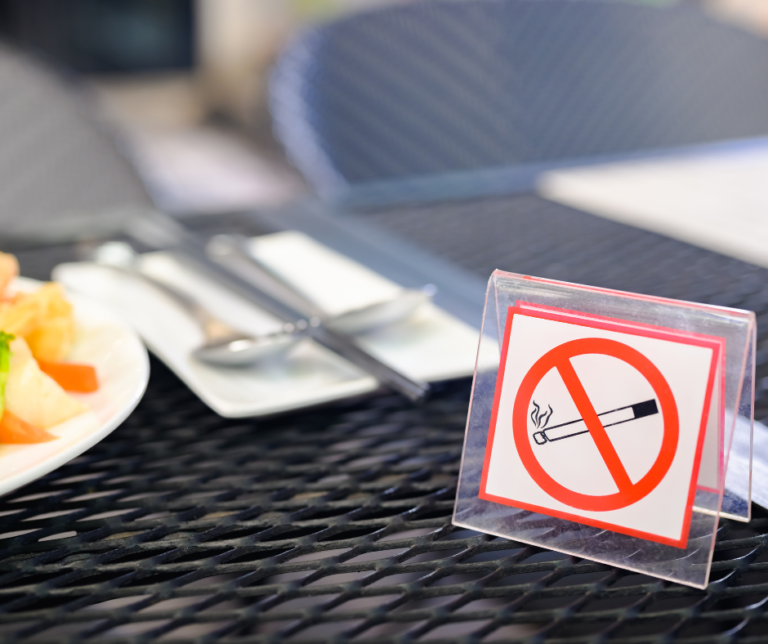The Law on Smoking in Public Places
In 1983, the Law for Smoking Prevention in Public Places, 1983, was enacted. Section 1A of the law aims to:
“Prevent smoking in public places and exposure of the public to smoking, which causes death, illness, and disability.”
Since its enactment, the law has undergone several amendments. A numerous proposed amendments have been introduced. Some of which were abandoned due to political instability.
And the impetus for legislation on smoking stemmed from increased awareness of its harms, both active and passive.
According to the 2022 Ministry of Health report, approximately 20% of the adult population in Israel smokes, resulting in roughly 8,000 smoking-related deaths annually. Of these, approximately 10% (800 cases per year) are attributed to passive smoking.
Parenthetically, a pertinent question arises: Why don’t countries ban smoking entirely? The answer is simple: smoking is highly profitable.
According to the Ministry of Health report, Israel’s revenue from tobacco taxes in 2022 amounted to approximately NIS 7.5 billion. Conversely, the total cost to the state due to smoking-related harm stands at NIS 3.6 billion; NIS 1.7 billion in direct healthcare costs and NIS 1.9 billion in indirect costs (productivity losses). Smoking, therefore, is decidedly lucrative for the state treasury.
The Smoking Law and its amendments strike a balance between individual liberty and public health. And the balance is reflected in the defined list of public places where smoking is entirely prohibited or restricted.
Penalties for Smoking in Public Places
Violations of the law carry fines. Ranging from NIS 14,400 to NIS 75,300 (as of January 2024). Furthermore, violations can lead to criminal proceedings in the Magistrate’s Court.
A notable deficiency in the Smoking Law is the absence of an explicit provision for compensation to individuals harmed by public smoking. However, various courts, including the Small Claims Court, have addressed this legislative gap by awarding compensation to claimants who have suffered harm – even emotional distress – from public smoking.
List of Public Places Where Smoking is Prohibited
The Smoking Law specifies a closed list of places where smoking is prohibited or restricted. It also mandates that the holder of a public place prominently display no-smoking signs.
Finally, placing ashtrays in these public places is prohibited. And many businesses attempt to circumvent this by providing other receptacles that are not strictly “ashtrays”. For example: plastic cups.
However, the law’s definition is broader, encompassing any container intended for discarding tobacco waste. The following public places have smoking prohibitions:





